If you work for Donald Trump and fall out of the president’s good graces, there’s one surefire way to get back in his favor: Make a big stink about how he’s been treated unfairly, preferably by rehashing one of his favorite theories of persecution.
That’s exactly what Tulsi Gabbard, the director of national intelligence who’s been in the doghouse for weeks, did on Friday. The headline of a July 18 press release from her office said it all: “New Evidence of Obama Administration Conspiracy to Subvert President Trump’s 2016 Victory and Presidency.” Gabbard’s conclusion was that “President Obama and his national security cabinet members manufactured and politicized intelligence to lay the groundwork for what was essentially a years-long coup against President Trump.”
This is Gabbard’s case in brief: The government’s intelligence community assessed prior to the 2016 election that Russia did not have the capability to “hack” the election and alter its outcome, but once Trump was elected, and under the direction of Obama himself, then-DNI James Clapper issued a politicized intelligence assessment that falsely concluded Russia had meddled in the election to boost Trump’s campaign. According to Gabbard, every effort to “delegitimize” Trump’s first presidency, from the Mueller investigation to both of his impeachments, can be traced to this “treasonous conspiracy.” And armed with a raft of declassified emails and internal reports, she promised to refer this supposedly new information to the Justice Department for possible prosecution.
It’s a neat story—politicized intelligence! Russia, Russia, Russia! criminal referrals for Obama officials!—designed to appeal to Trump himself, and it has. Since Gabbard’s announcement, the president has posted about her press release on his Truth Social account over a dozen times, including multiple videos of Gabbard speaking about the subject on Fox News. (And after nearly two weeks of wall-to-wall “Epstein files” coverage, a Russiagate revival was just what Dr. Trump ordered.)
The problem is that none of Gabbard’s claims and purported evidence provide anything new to our knowledge of what Russia did and didn’t do in 2016. Friday’s announcement adds nothing to the conclusions from the 2023 report by special counsel John Durham, whose years-long probe determined that the FBI had a confirmation bias, not a political bias, when it pursued its investigation of a possible connection between the Trump campaign and Russia.
But the imprecise wording and rhetorical sleight of hand in Gabbard’s press release do quite a lot to mislead people about the facts, as voices as disparate as Democratic members of Congress and National Review’s Andrew McCarthy generally agree. Gabbard’s broad conclusion—that the Obama intelligence apparatus cooked up its assertion that Russia interfered on behalf of Trump in the 2016 election—just isn’t true. And her claim that it laid the groundwork for unrelated events like Trump’s second impeachment following the riot at the Capitol on January 6, 2021, is just absurd.
Gabbard conveniently conflates two different factual questions around Russian interference in the 2016 election in order to illustrate that Obama politicized intelligence findings. The first is whether Russia tried to alter the outcome of the presidential race by hacking America’s voting machines or databases of tabulated votes. The second is whether Russia attempted to interfere in the presidential campaign through cyber espionage and online influence campaigns. But despite what Gabbard has claimed, the Obama administration did not contradict the intelligence community’s finding on the former question when Clapper published his intelligence assessment in January 2017 on the latter. It can be true that Russia did not hack into voting machines but did hack into the emails of high-ranking Democratic officials to leak embarrassing information.
And that is, in fact, the truth. As special counsel Robert Mueller concluded, while there was no coordination between Russia and the Trump campaign, the Russian government was behind the hacks of Clinton campaign officials and others. In addition, a Russian-backed company did wage an online effort to attack Clinton’s campaign and support Trump’s. None of these conclusions depend on the infamous Steele dossier containing false information about Trump nor the unproven claim that Trump’s campaign colluded with the Russians.
Of course, it’s been the position of Trump partisans for years that Russia was not involved at all in the 2016 election and that the idea Russia sought to hurt Clinton and help Trump is a “hoax.” Gabbard’s is merely the latest contribution to the canon, and it’s likely to give her some job security despite being increasingly at odds with Trump on some of his recent foreign policy decisions.
Even before the president’s successful strike on Iranian nuclear facilities last month, Gabbard has been largely iced out, sometimes due to her own actions. She was absent from a pre-strike strategy meeting at Camp David and, despite being in the White House Situation Room during the strike, was left out of the initial round of photos released to the media.
And while Trump last month told reporters that he did not care about Gabbard’s previous public testimony before Congress that Iran was not close to building a nuclear weapon, I’m told he has also fumed in private about her office’s assessment that Iran was willing to negotiate with the U.S. over its nuclear weapons program. Once it became clear Iran was not operating in good faith, it was easier for Trump to reach the decision to order the strike on the three Iranian nuclear facilities.
All of that seemed to place Gabbard on the outer rim of Trump’s circle while John Ratcliffe, the CIA director, has been relatively more popular in the West Wing. Interestingly, Ratcliffe has also recently issued an evaluation of the same post-2016 intelligence assessment, a “lessons-learned review” released to the public on June 26. While Ratcliffe’s report offers plenty of criticisms of the Obama team’s intelligence analysis process, it does not contradict what Clapper’s assessment and the Mueller report both concluded about Russia’s attempts to manipulate American public opinion to undermine Clinton’s campaign.
That didn’t stop Ratcliffe, as Gabbard has done, from exaggerating the findings of his report by claiming they exposed the Obama officials as corrupt. For two of the country’s top intelligence officials, there is an audience of one, and they know exactly what he wants to hear.
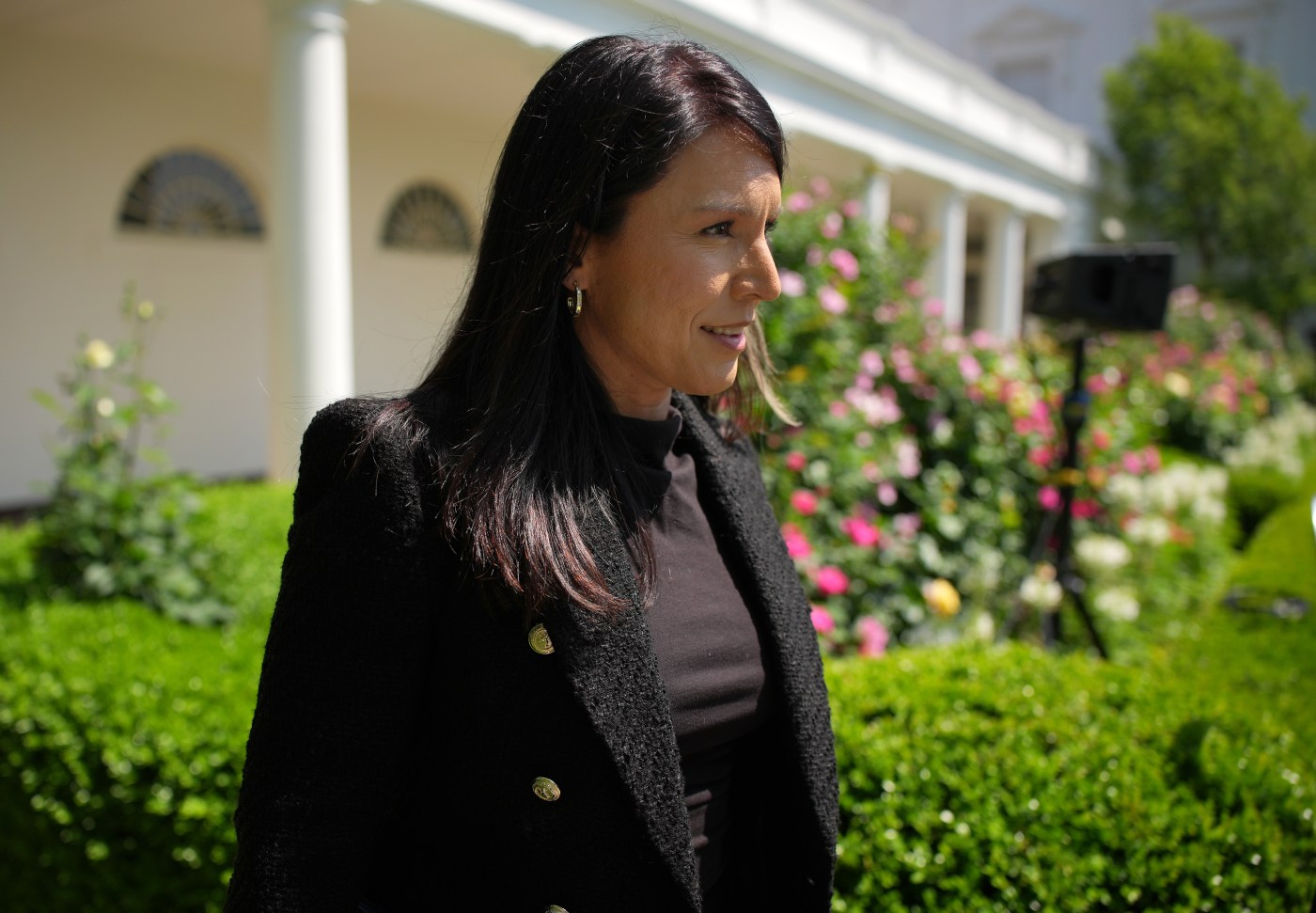

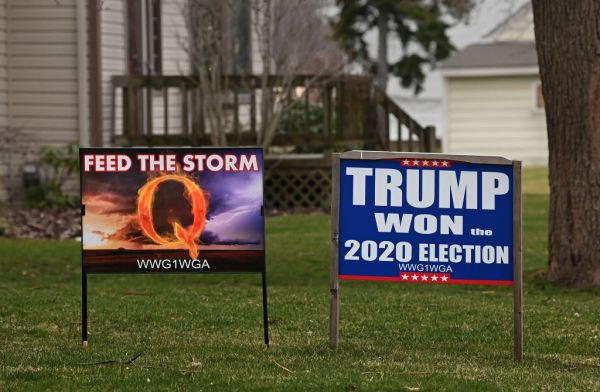
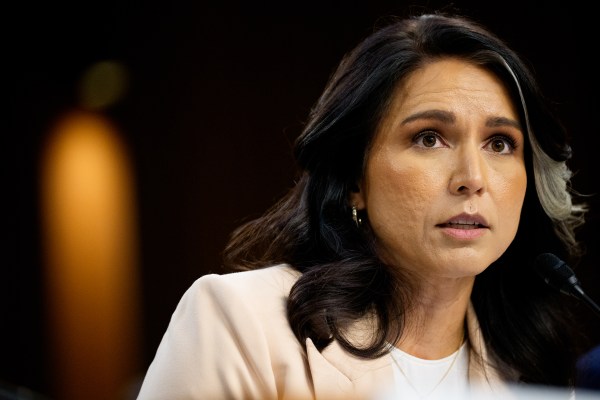
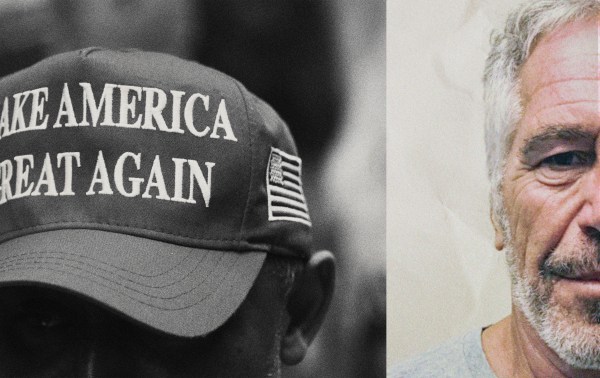

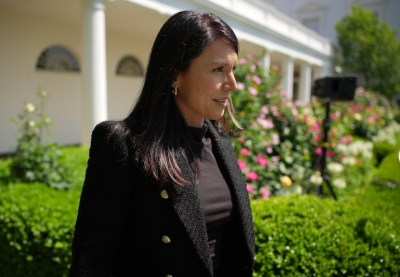
Please note that we at The Dispatch hold ourselves, our work, and our commenters to a higher standard than other places on the internet. We welcome comments that foster genuine debate or discussion—including comments critical of us or our work—but responses that include ad hominem attacks on fellow Dispatch members or are intended to stoke fear and anger may be moderated.
With your membership, you only have the ability to comment on The Morning Dispatch articles. Consider upgrading to join the conversation everywhere.